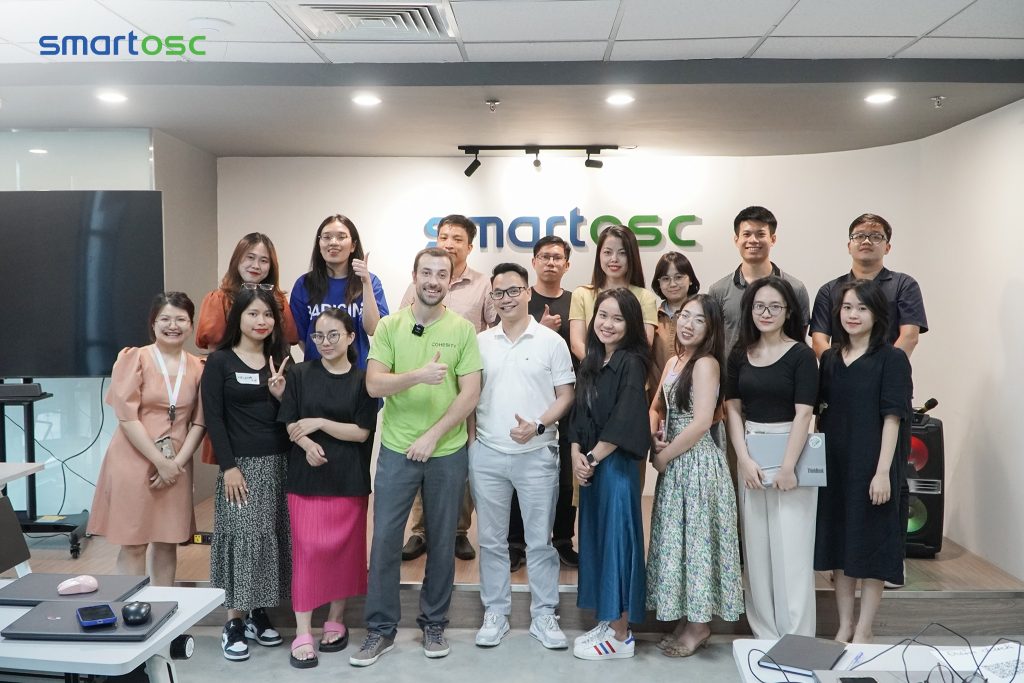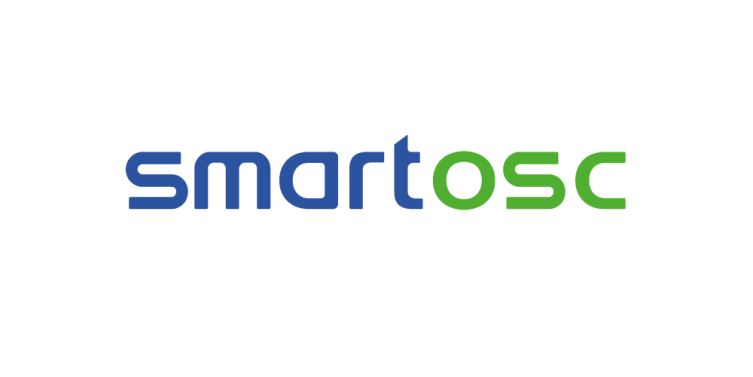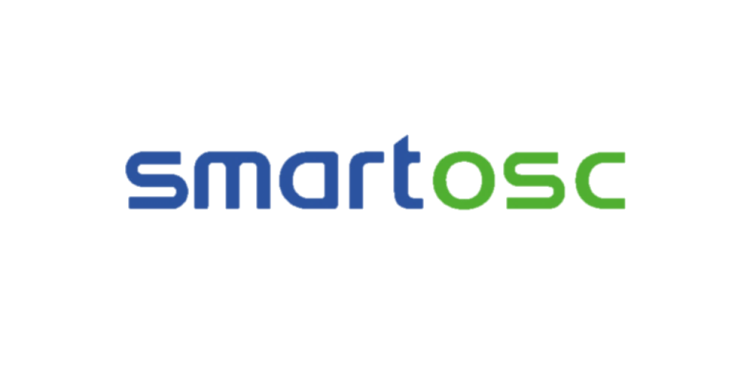Are you interested in testing? Are you wondering what you should learn to become a tester? In the previous blog post from SmartOSC Careers, you gained an overview of what a tester is, what the profession entails, and the role of a tester. In this article, let’s explore what a tester needs to learn to become a proficient tester!
1. What Knowledge Does a Tester Need?
1.1. General Knowledge:
- Basic knowledge of computers, office applications, and internet usage.
- Programming knowledge: Programming is a fundamental skill that a tester must possess. A skilled tester should have a solid understanding of basic SQL, HTML, and CSS, the ability to read and understand code, and the capability to analyze and modify code to identify and fix errors. Additionally, it’s essential to explore popular programming languages used in testing, such as Java, Python, C#, Ruby, and JavaScript.
- General knowledge about testing, including basic definitions, commonly used terms, software testing processes, and software production processes. You can refer to the ISTQB Foundation or explore the following:
- What is testing? Basic concepts of software testing.
- Why is testing important and irreplaceable? Without testing, the product won’t achieve the desired quality.
- Testing cycles and the order of testing tasks.
- Testing levels from low to high.
- Types of testing: Functional testing, Non-functional testing, Structural testing, Change-related testing.
- Comparison and differentiation of Quality Assurance vs. Quality Control, Verification vs. Validation.
1.2. Supplementary Knowledge:
- Manual Testing:**
- Test plan: Creating a test plan, software production process, and software testing process.
- Test case design: How to create and write common test cases.
- Test case design techniques: Techniques for effective and optimized test cases.
- IT industry-specific terms, current software production models, and testing methods.
- Testing phases and specialized terms in testing.
- Requirements analysis, writing Q&A, and writing test cases in both Vietnamese and English for websites and mobile applications.
- Installing and testing mobile applications, and simulating phone devices on computers (iOS, Android).
- Installing tools for testing and logging bugs.
- Using SQL commands, databases, and servers.
- Explaining basic concepts of APIs and implementing API tests.
- Automation Test:**
- Additional knowledge about programming: Java and C# (.Net) are two basic languages often used in automation, along with other languages like AutoIT, and Python for support.
- Learning about popular Automation Tools/Frameworks such as Ranorex, Selenium, Appium, and TestComplete.
- Other tools like Jmeter, SoapUI.

2. Essential Skills
2.1. Analytical and logical thinking skills:
Testers need logical thinking and analytical skills to provide appropriate solutions when identifying errors, support the programming team, and apply the best analytical tools to find the root cause of issues.
2.2. Communication skills:
Testers need good communication skills to discuss with team members and report issues related to the software. Testers need to understand and provide detailed information about identified errors and issues.
2.3. Time management skills:
Testers need to organize and manage their work. Since a tester’s job involves various tests, effective planning and organizing of tasks are crucial for great performance.
2.4. Note-taking and reporting skills:
Testers need to document all encountered issues during testing and provide detailed reports on those issues. This is essential for others to understand and address the identified errors. The ability to take detailed notes and provide clear reports is an important skill for testers.
3. Language Proficiency
To advance in a testing career, it’s necessary to be proficient in at least one foreign language, especially English. Since most reputable software companies have headquarters or multiple branches abroad, you may need to work with colleagues, partners, or clients from various countries worldwide. Moreover, testing processes, software development, and valuable documentation are often conducted in English. Therefore, having a good command of English makes it easier to meet the high demands of the job.

We hope these tips can help you understand what you need to learn to become a tester. SmartOSC is currently recruiting for Tester positions at various levels, from Fresher to Senior. Quickly check out the open positions on the SmartOSC Careers website!






